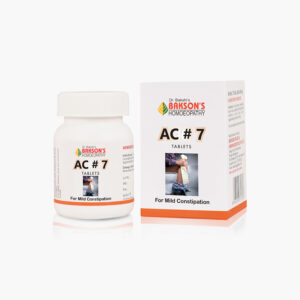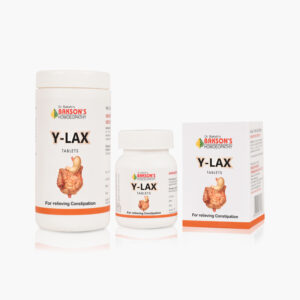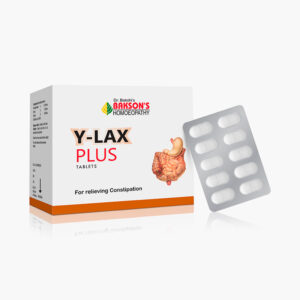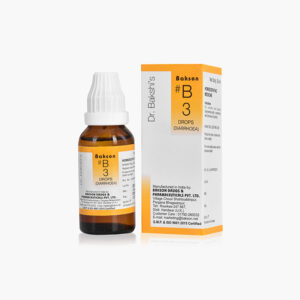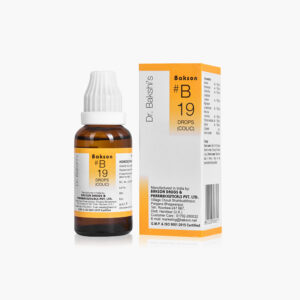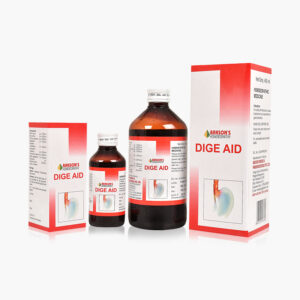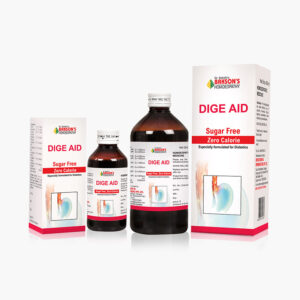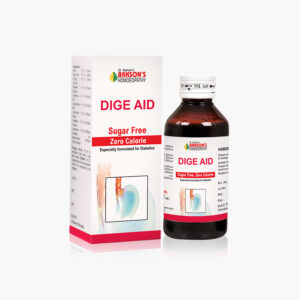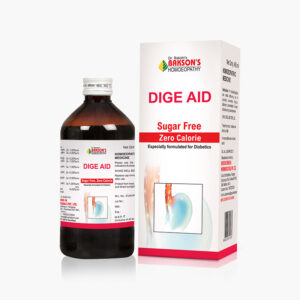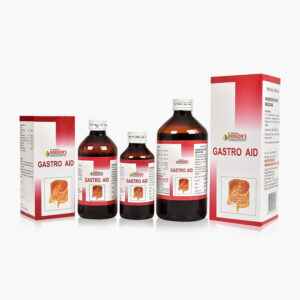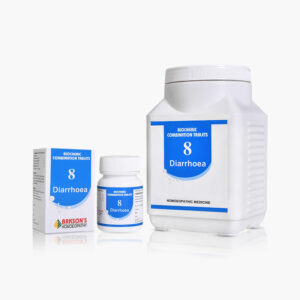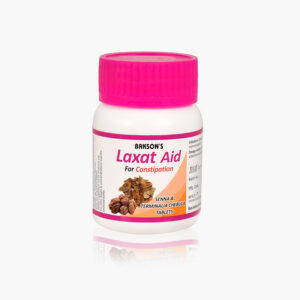What is Irritable Bowel Syndrome (IBS)?
Irritable bowel syndrome (IBS) is a functional gastrointestinal (GI) disorder characterized by abdominal pain and altered bowel habit in the absence of a specific and unique organic pathology usually.
The pathogenesis is broad and include abnormalities involving motility, visceral sensation, brain-gut interaction, and psychosocial distress. Environmental contributors to IBS include early life stressors, food intolerance, antibiotics, and enteric infections.
Many patients do not seek medical help for IBS, though 12% to 15% is the current prevalence. women are more likely to report abdominal pain and constipation whereas men are more likely to report diarrhoea. IBS can also be broken down into more specific diagnoses which includes IBS with diarrhoea (IBS-D), IBS with constipation (IBS-C), and IBS with mixed bowel patterns (IBS-M).
Causes
The exact cause is unknown but factors like pathophysiology section, motility, visceral sensation, brain-gut interaction, and psychosocial distress can all play a role in the development of IBS.
Sign and symptoms
The patient typically complaints of abdominal discomfort or pain, altered bowel habits along with constipation, diarrhoea or both. Other complaints in patients with IBS include bloating, distention, symptoms brought on by food intake, and a change in pain location, and stool pattern with time.
Diagnosis
No routine examination is required, if the patient does not exhibit any warning signs like weight loss, iron deficiency etc.
The Rome IV criteria is used to diagnose IBD, which requires at least 3 days a month in the last 3 months associated with 2 or more of the following: improvement in abdominal pain or discomfort with defecation, onset associated with a change in frequency of stool, and/or an onset accompanied by a change in form or appearance of stool.
Laboratory markers like complete blood cell count, comprehensive metabolic panel, inflammatory markers such as erythrocyte sedimentation rate or C-reactive protein, and thyroid stimulating hormone level should be checked to rule out any underlying conditions.
General Management
IBS is a symptom-based disorder, and thus treatment goals are aimed at resolving symptoms such as pain, bloating, cramping, and diarrhoea or constipation. It is important for IBS patients to develop a trusting patient-physician relationship by actively listening. Fibre supplements may be recommended for constipation. increased physical activity can increase colonic transit time and improve symptoms. Pharmacological intervention may be recommended for symptomatic relief.
Disclaimer: The information provided herein on request, is not to be taken as a replacement for medical advice or diagnosis or treatment of any medical condition. DO NOT SELF MEDICATE. PLEASE CONSULT YOUR PHYSICIAN FOR PROPER DIAGNOSIS AND PRESCRIPTION.



 Login
Login

